High interest rates are shaking up the real estate market in Canada. When borrowing costs go up, it becomes more expensive for investors to finance properties.
This change affects how people buy and sell homes. Many potential buyers may struggle to afford mortgages, leading to fewer sales.
For investors, this means adjusting their strategies and finding new ways to succeed. Understanding the impact of high interest rates is crucial for anyone involved in real estate.
In this post, you will get how these rates influence investments and strategies can help navigate this challenging landscape.
What Are High Interest Rates?
Interest rates are the cost of borrowing money. When rates are high, it means you pay more to borrow.
This can happen for various reasons, such as government policies or economic conditions. In Canada, the Bank of Canada sets interest rates to control inflation and stabilize the economy.
How Do High Interest Rates Affect Buyers?
Housing affordability is a major issue, with rising home prices making it harder for many people to buy or rent homes. Let’s understand in details one by one.
1. Higher Mortgage Costs
When interest rates rise, mortgage costs increase. Buyers face higher monthly payments. For example, a 1% increase in interest rates can significantly raise your payment. This can make homeownership less affordable.
2. Reduced Buying Power
Higher mortgage costs mean buyers can afford less. They might need to lower their budget. For instance, if you planned to buy a $500,000 home, rising rates could push you to consider a $450,000 home instead.
3. More Cautious Buyers
With increased costs, many buyers become cautious. They may wait for rates to drop before purchasing. This can slow down the market, leading to fewer sales.
4. Impact on First-Time Buyers
First-time buyers often struggle the most with high interest rates. They may have limited savings for down payments. Higher rates can make it challenging to enter the market. Many might choose to rent instead.
How Do High Interest Rates Affect Sellers?
1. Slower Sales: When fewer buyers can afford homes, sales slow down. Sellers may have to wait longer to find a buyer. This can be frustrating, especially if they need to sell quickly.
2. Price Adjustments: With reduced demand, sellers may need to lower prices. If homes stay on the market too long, sellers might have to accept less than they hoped. This can lead to a drop in overall market prices.
3. Increased Competition: Sellers may face increased competition. More homes might be available, making it harder to stand out. Sellers need to present their homes well and price them competitively to attract buyers.
4. Potential for Stagnation: If the market slows significantly, it can lead to stagnation. Homes may sit unsold for months. This can create uncertainty for sellers, who may worry about future price drops.
How Do High Interest Rates Affect Investors?
1. Higher Financing Costs
Real estate investors often depend on financing to buy properties. High interest rates mean higher borrowing costs. This can eat into potential profits. Investors need to carefully calculate their returns.
2. Decreased Cash Flow
Higher mortgage payments can reduce cash flow. If rental income does not increase at the same rate, investors may struggle to cover expenses. This can impact their ability to reinvest in properties or expand their portfolios.
3. Changes in Investment Strategies
Some investors may shift their investment strategies. They might focus on properties with lower financing needs or consider different markets. For example, investing in areas with strong rental demand may become more appealing.
4. Increased Risk
High interest rates can increase the overall risk of real estate investments. If the market continues to slow, property values may drop. Investors could find themselves in a challenging position if they need to sell quickly.
How to Navigate High Interest Rates as an Investor?
1. Research the Market
Investors should be informed about market forecasts and trends. Understanding local conditions can help you make better decisions. Look for areas with strong rental demand and stable job markets.
For Agents: If you’re working with a real estate brokerage, leverage their hyper-local market reports to guide your clients through these high-interest rate conditions.
2. Focus on Cash Flow
Look for properties in high-demand areas that generate reliable income. Some neighbourhoods in Mississauga for high rental yield include Churchill Meadows and Hurontario Corridor. Read our separate guide on the best neighbourhoods in Mississauga for more on this.
3. Consider Alternative Financing
Explore different financing challenges and options. Look for lenders that offer competitive rates or programs designed for investors. Creative financing strategies can help mitigate the impact of high interest rates.
4. Be Patient
Real estate investing is a long-term game. High interest rates may create challenges now, but markets can change. Being patient and waiting for the right opportunities can lead to future success.
The Broader Economic Impact
High interest rates do not just affect individual buyers and sellers; they also impact the entire economy.
When borrowing costs rise, consumer spending can decrease. This affects various sectors, including retail and services.
Apart from that, private debt funds offer alternative financing for businesses and real estate. It provides flexible capital while generating returns for investors.
A slowdown in these sectors can lead to job losses and reduced economic growth.
1. Housing Market Slowdown
A slowdown in the housing market can ripple through the economy. Construction may decline, impacting jobs in that sector. Less spending on home improvements and furnishings can also affect local businesses.
2. Impact on Homebuilders
Homebuilders may face challenges due to decreased demand. If fewer homes sell, they may pause new projects. It can cause people to lose jobs. Also, it creates uncertainty in areas that depend a lot on construction.
3. Long-Term Economic Effects
Persistent high interest rates can lead to long-term economic consequences. If consumers remain cautious about spending, it can hinder overall growth. Policymakers must carefully balance interest rates to support both inflation control and economic expansion.
Conclusion
High interest rates significantly impact real estate investments in Canada. On the other hand, capital scarcity limits investment opportunities. However, it is challenging for businesses and real estate developers to secure needed funds for growth.
Thus, understanding these effects is crucial for anyone involved in real estate. While high interest rates present challenges, opportunities can still be found with the right strategies. In this changing landscape, patience and careful planning are key to success in real estate.






